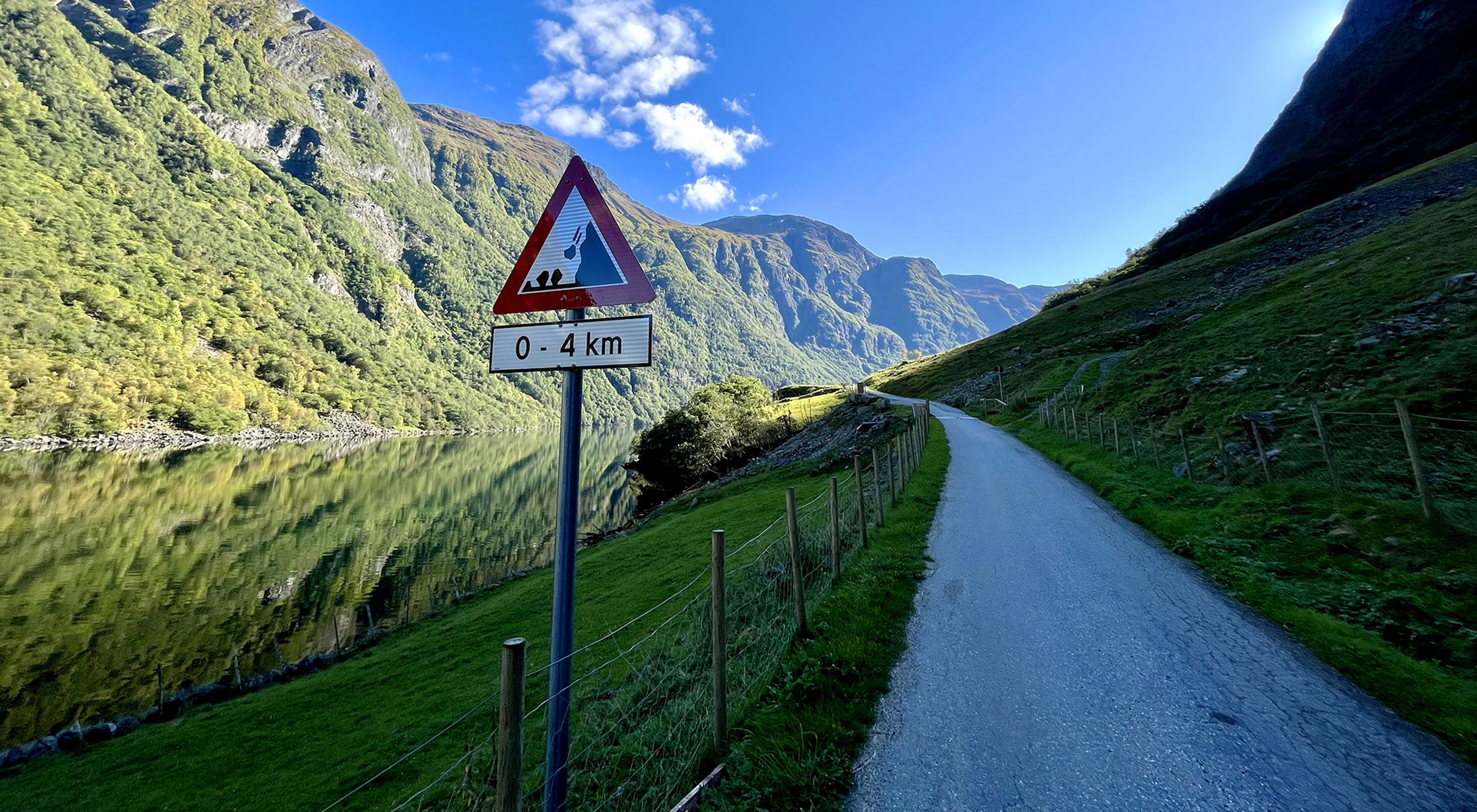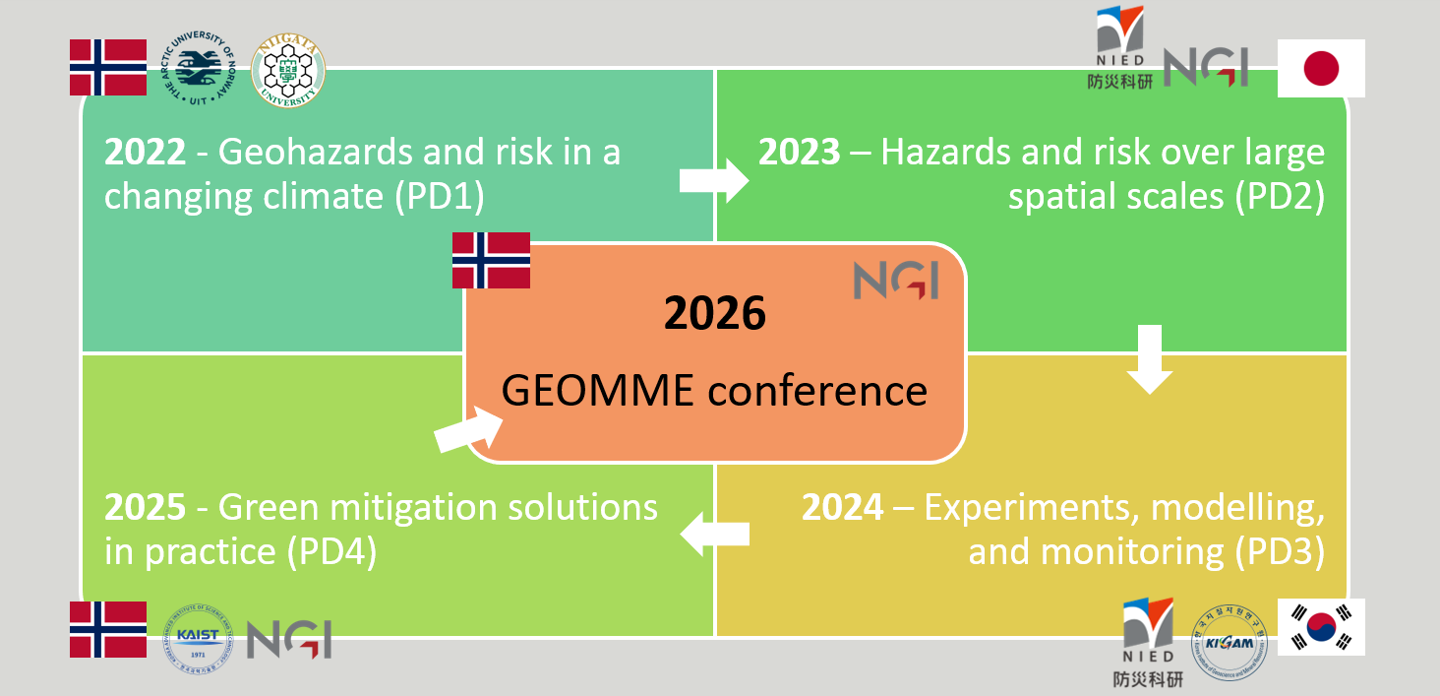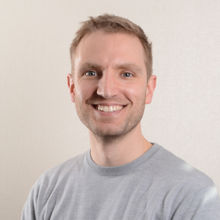The partnership focuses on excellence in education and research to increase societal resilience against climate-induced geohazards.
Geohazards are geological and environmental conditions that may lead to loss of life and widespread damage. They include floods, landslides, debris flows, rockfalls and avalanches, among others. Geohazards can have devastating impacts on society, affecting population, economy, industry, cultural heritage, and the natural environment. Climate change is amplifying the risk to population and infrastructure, with generally wetter and warmer weather and more intense and frequent precipitation. New developments in mountainous areas increase societal exposure.
GEOMME identifies four areas for scientific advancement in geohazard research and education (termed 'progression domains', PD): PD1: Geohazards and risk in a changing climate, PD2: Geohazards and risk over large spatial scales, PD3: Advanced simulations, modelling, and monitoring of geohazards, and PD4: Green solutions in hazard- and risk-mitigation practice. The PDs form the thematic areas of collaboration and are identified based on the expertise of the Partners, the unique research infrastructure available in each institute, and perceived knowledge gaps.
The GEOMME partnership will enable exchange of knowledge and ideas, research collaboration, training, and graduate education. GEOMME will develop four courses, one from each PD, and integrate aspects of research, experience, and field-based teaching and learning. Activities will rotate from one country to the other and will focus on the thematic progression domains.
Objective
The primary objective of GEOMME is to prepare future geoscientists, engineers, researchers, and practitioners to solve complex problems in climate-induced geohazards and risk to be better equipped to address future societal needs. The objective will be achieved through joint interaction of six research and education partners from Japan, South Korea and Norway on monitoring, scaled mountain experiments, advanced modelling and sustainable mitigation techniques.
GEOMME has four secondary objectives:
- Coalesce expertise from South Korea, Japan, and Norway on climate-induced geohazards,
- Develop knowledge on the means and tools to increase societal resilience against geohazards,
- Build capacity with education of tomorrow's geoscientists, engineers, and researchers,
- Establish enduring collaboration between the GEOMME Partners for future research initiatives and



